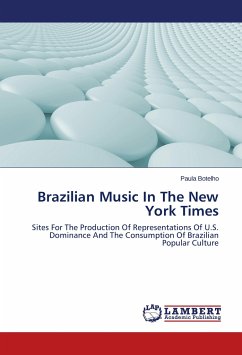The June Days, in 2013, began a new form and modus operandi for public demonstrations, with the realization of the needlessness of the traditional organizers - members of the establishment, such as trade unions, political parties and student movements - who were surprised with the formation of new and varied social arrangements, in which newly formed groups and movements took over public spaces, having their force centralized on social networks and the Internet. In the wake of this new model and having a strong influence with the youth, the Free Brazil Movement - MBL was born, which in a very short period of time became one of the largest channels of political communication in the world, assuming a role of strong influence in the decisions and political destiny of the country. The understanding of MBL in all its trajectory, since its formation, development and consolidation in the Brazilian political system, especially because it constitutes a mobilizing phenomenon of the masses that arouses attention for its singularity and rapid growth and tenuous attachment to the political system as a whole, comprising the structures of the State and Parties, besides being an extremely young movement, composed of young people, with their forms of digital interactivity aimed at the young public, aroused interest in conducting this research, seeking answers that justify why MBL has become a new channel of political participation for the youth of Brazil and how this dynamic of relationships of the movement works, both internally and externally.
Hinweis: Dieser Artikel kann nur an eine deutsche Lieferadresse ausgeliefert werden.
Hinweis: Dieser Artikel kann nur an eine deutsche Lieferadresse ausgeliefert werden.








